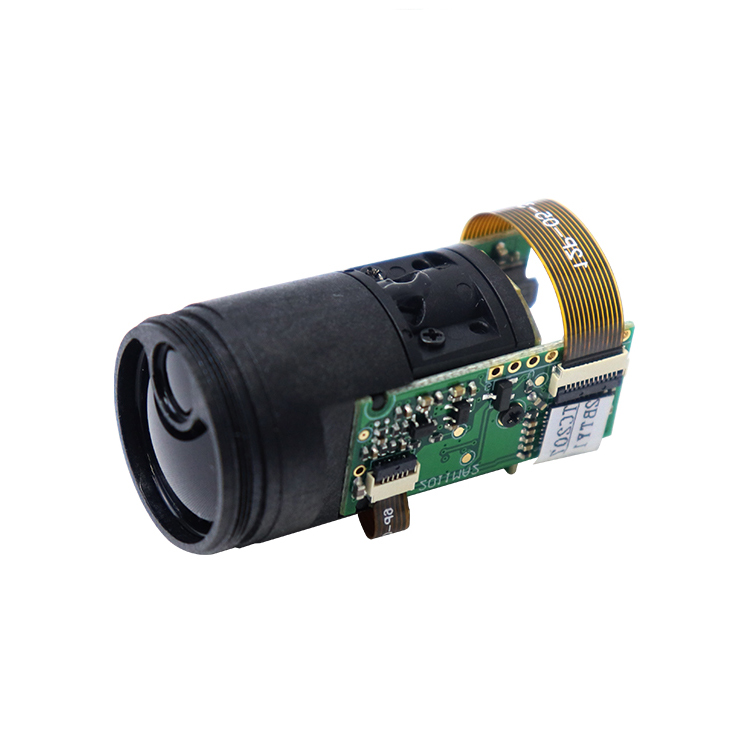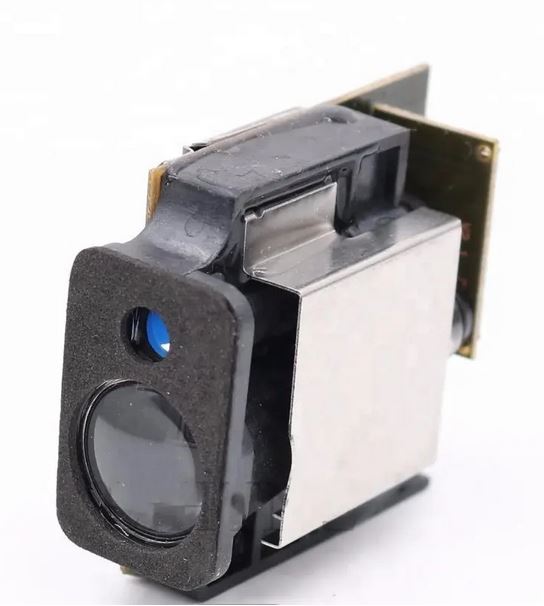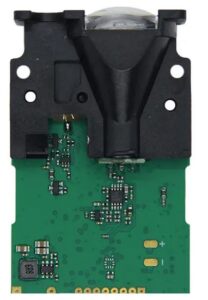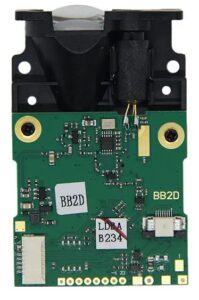



Laser distance sensors have revolutionized measurement accuracy in various industries. These sensors use laser technology to precisely measure distances, providing highly accurate and reliable results. In this article, we will explore the impact of laser distance sensors in different applications and how they have transformed the way measurements are taken.
How Laser Distance Sensors Work
Laser Technology
- Laser distance sensors utilize laser beams to measure distances.
- The sensor emits a laser beam towards the target object.
- The beam reflects off the object and returns to the sensor.
- The sensor measures the time it takes for the beam to travel and calculates the distance based on the speed of light.
Triangulation Principle
- Laser distance sensors often employ the triangulation principle.
- The sensor emits a laser beam at an angle towards the target object.
- The reflected beam is captured by a receiver in the sensor.
- By analyzing the position of the reflected beam, the sensor calculates the distance.
Applications of Laser Distance Sensors
Industrial Manufacturing
- Laser distance sensors are widely used in industrial manufacturing processes.
- They provide accurate measurements for quality control and inspection.
- These sensors ensure precise positioning of components and machinery.
- Laser distance sensors improve efficiency and reduce errors in manufacturing processes.
Construction and Architecture
- Laser distance sensors are essential tools in construction and architecture.
- They enable accurate measurements for surveying and site planning.
- These sensors assist in leveling, alignment, and distance measurements.
- Laser distance sensors enhance the precision and speed of construction projects.
Robotics and Automation
- Laser distance sensors play a crucial role in robotics and automation.
- They provide real-time distance measurements for object detection and navigation.
- These sensors enable robots to interact with their environment accurately.
- Laser distance sensors enhance the safety and efficiency of robotic systems.
Advantages of Laser Distance Sensors
- Laser distance sensors offer high accuracy and precision in measurements.
- They provide non-contact measurements, eliminating the need for physical contact.
- These sensors are capable of measuring long distances with minimal errors.
- Laser distance sensors are fast and efficient, saving time in measurement processes.
Conclusion
Laser distance sensors have revolutionized measurement accuracy in various industries. Their use of laser technology and the triangulation principle enables highly accurate and reliable distance measurements. From industrial manufacturing to construction and robotics, these sensors have transformed the way measurements are taken, improving efficiency and reducing errors. With their numerous advantages, laser distance sensors continue to play a vital role in enhancing measurement accuracy in different applications.
Laser distance sensors provide a great alternative to traditional measurement methods. With their small size and low cost, they are easily portable and can be used in various applications. Furthermore, they are highly reliable and require minimal maintenance, resulting in significant cost savings. As their popularity continues to grow, laser distance sensors will continue to revolutionize the way measurements are taken and provide greater accuracy in many industries.